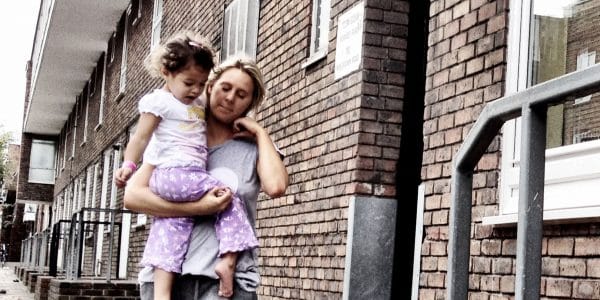
16/08/22
2 min read
Lack of progress in addressing educational inequalities means millions of disadvantaged children start school on the back foot, says research carried out by the IFS as part of the Nuffield Foundation funded Deaton Review of Inequalities.
The latest report reveals that the education system is still failing to bridge the attainment gap between disadvantaged children and their better-off classmates. This issue has been intensified by the COVID-19 pandemic, which seems to have impacted the attainment of primary school children from lower income families twice as much as their peers.
The IFS also found that the existing structure of formal learning leaves children who are struggling at school with limited opportunities for further education, resulting in restricted social mobility and outcomes in life.
The link between the attainment gap and income inequalities
The disparities in educational performance start in early childhood and crystallise throughout the life course. Family background plays a key role with only 57% of pupils eligible for free school meals in England reaching a good level of development at the end of Reception in 2019. In contrast, 74% of their better-off peers reached the same benchmark.
Similarly, less than half of disadvantaged children reach the expected level of attainment at the end of primary school compared with nearly 70% of their better-off peers. Of those disadvantaged pupils who succeed in reaching the expected level of attainment, just 40% receive good GCSEs in English and Maths.
Household income is a strong predictor of attainment level for wealthier families too. Over a third of pupils from the richest tenth of families achieved a top grade compared to 10% of those in middle-income families.
When it comes to university, fewer than 20% of those from the most deprived fifth of families graduate compared to over 70% of those who went to private school and just under half of hose from the richest fifth of families at state schools.
These educational discrepancies create imbalances in the labour market with people holding higher qualifications facing better prospects and those with lower qualifications exposed to slower pay growth. By the age of 40, the average UK employee with a degree earns twice as much as someone qualified to GCSE level or below.
The absence of clear routes and second chances for those who don’t perform well at school is resulting in millions of adults being held back in life. This report sets out seven guiding principles for how to create a more equal education system.
This comprehensive account of educational inequalities in the UK demonstrates the lifelong impact that the disadvantage gap can have on people’s life chances. The evidence on how difficult it is for children to catch up if they fall behind in school is particularly worrying given the impact of the COVID-19 pandemic. If we are to address educational opportunities it is crucial that any reform of the system considers all phases of education and that it addresses the socio-economic factors that lead to disadvantageJosh Hillman, Director of Education, Nuffield Foundation
School funding has become less progressive over time, and the resource gap between the state sector and independent schools is widening… If the government is to meet its mission to have 90% of pupils attaining the expected level at the end of primary school, it needs to prioritise the education system and especially the disadvantaged pupils within it.Imran Tahir, Research Economist, IFS and an author of the report
The options for young people who do not earn good GCSEs at age 16 are limited, confusing and often not very lucrative… Big cuts to adult education budgets over the past two decades have squeezed the sector even further. With challenges like COVID-19 and the Net Zero transition boosting the demand for new skills, providing clear, useful and well-resourced routes in the vocational education sector is more important than ever.’Professor Sandra McNally, University of Surrey, Director of the Centre for Vocational Education Research LSE and an author of the report

















































